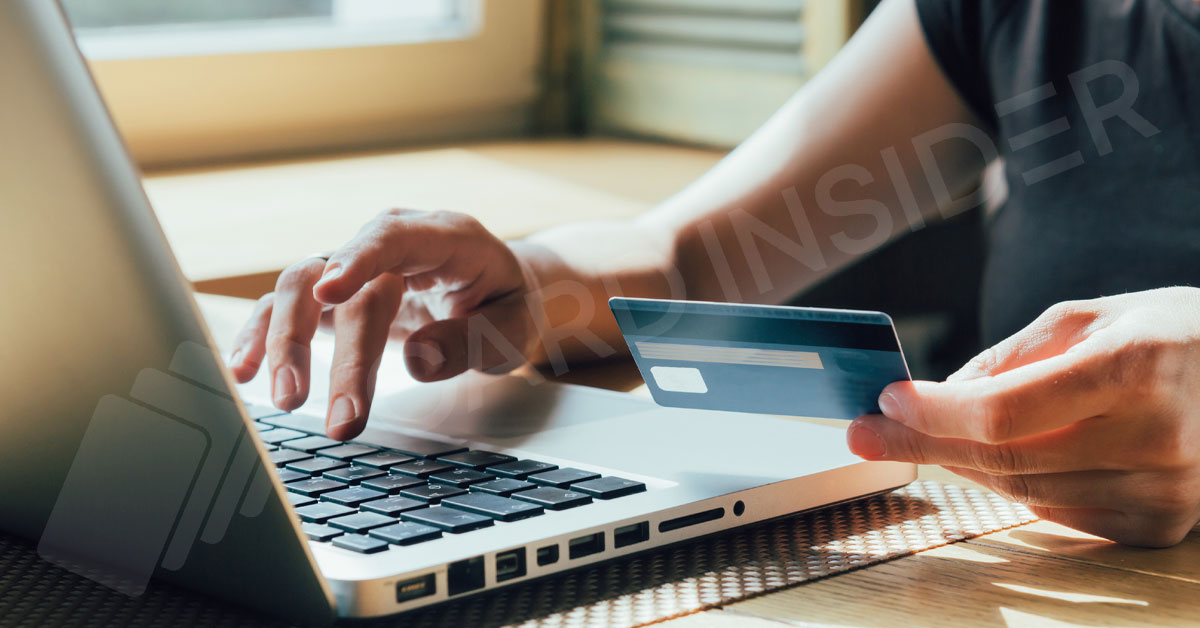Credit Card debt can be quite troublesome when it comes to heavy outstanding balances. Multiple swipes, big-ticket purchases, and other expensive buying through credit cards can leave you with nothing more than debt. Debt can be overwhelming to begin with but what makes it either easier or tougher is how you repay that debt. The easiest to repay that debt is to turn your purchases into EMIs which will come included in your monthly bill and pay a certain amount every month.
Now sometimes borrower pays off the minimum due balance every month rather than paying for the whole bill. Well, to avoid huge debt and cases where you are unable to make payments towards your credit card bill, paying the minimum balance due makes more sense. Paying Minimum Due Balance will help you keep your bill running current, but the repayment status will be partial which means neither late payment nor fully paid on time.

What is the minimum amount due?
The minimum amount due is a portion of your total outstanding amount which needs to be paid to keep your account current in case you are not paying the bill in full. The portion that needs to be paid can usually amount to just 5% of your whole bill. The minimum amount also adds any EMI conversion of big purchases along with any unpaid balance from the previous cycle.
This means your minimum balance is 5% of your current bill plus your EMIs plus any previous balance forwarded.
The advantages of Paying the Minimum Balance Due
1. You get to keep your credit active or current which means you can still use your credit card for the rest of the available amount except for the amount converted into EMIs.
2. Your payments will not be classified as “defaults” in the credit record ensuring that the credit score is protected.
3. The late payment fee can also be avoided to a certain extent by paying at least the minimum due bill.
This is quite a tricky situation, here the minimum balance cleared remains repaid but the remaining due amount remains intact making it prone to interest or financial charges. Many banks do not add the late payment fee on your remaining balance after clearing the minimum due for the billing cycle but that will not be the case with every bank. Along with the financial charges, you might also be charged a late payment fee.
The disadvantages of Paying the Minimum Balance Due
Not just the added fee on the already big amount but minimum balance repayment can harm your credit in many other ways. The risk associated with minimum due balance payment –
1. Apart from the balance paid as the minimum due amount, the rest of the balance is carried forward and will get interest rates added to it, making the left amount bigger.
2. The minimum due amount keeps on getting bigger as the next month’s minimum due will include the carried forward balance of the past billing cycle.
3. The credit card interest ranges start from 25% and can go up to 55% annually which is calculated daily on the outstanding balance.
4. The interest gets charged from the day of the purchase which means that upon paying the minimum balance, you are incurring interest charges on the amount from the day of the transaction which also makes you lose the effect of a credit-free period.
5. The credit limit also gets affected and reduced to the amount which has not been repaid hence, restricting you from full-fledged use of your credit card.
Paying off your monthly bill in full is the Thumb rule of credit card usage. The debt taken needs to be repaid as it can not only hinder your credit score but your chances of any financial aid as well. Hence, it is important to keep your financial health in check.
Some tips to help you pay off your credit card debt
1. Create a budget
Make a list of all your expenses and income. Check out all the priority necessities and cut off unnecessary expenses, this is where you can save some extra money. Find out ways to keep your expenses in control, this will help you figure out the difference between your need and want.
2. Prioritize Repayments
Prioritize the repayment of high-interest debts first, this will allow you to save some money which you would have used in paying off the high-interest rates. Try to make payments for your big amounts before looking at small debts.
3. Balance transfer
If you have a high, credit interest rate, you can try and check for the credit cards where you are getting lower interest rates and transfer the balance to that one. In the case of multiple credit cards, consider transferring your balance to the lower interest rate one.
These ways can help you crawl out of your debt and repay it all. Because in case your debt is huge and interest rates are higher, you can have a word with your bank and see whether they can help you lower the interest a little or anything else which might work in your favor.
Conclusion
Credit Cards debts are no doubt overwhelming if you are unable to repay them. Looking at the debt, people might try to avoid making payments that will make their credit score go down at once and you might not be able to remove the same from your credit report for at least 7 years. However, if you are struggling to make the payments in full, paying the minimum balance due will work in your favour at that time. At least making a minimum payment will help you keep your account active. Although you will still be charged interest rates on your remaining amount but its better than making your credit score suffer.
Minimum Balance Due payment has its advantages and disadvantages as well it’s up to the user what weighs more for them. There are ways mentioned with which your credit card debt repayment journey will be easier.









